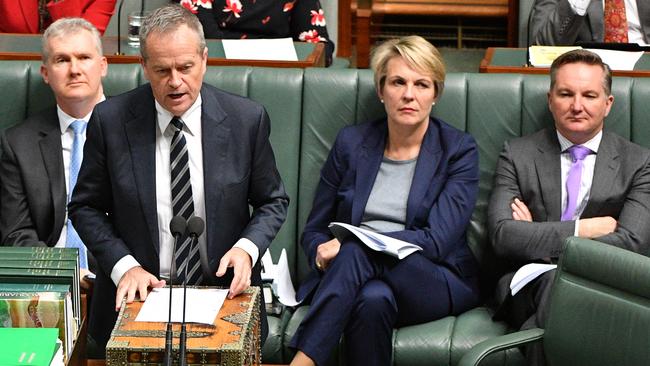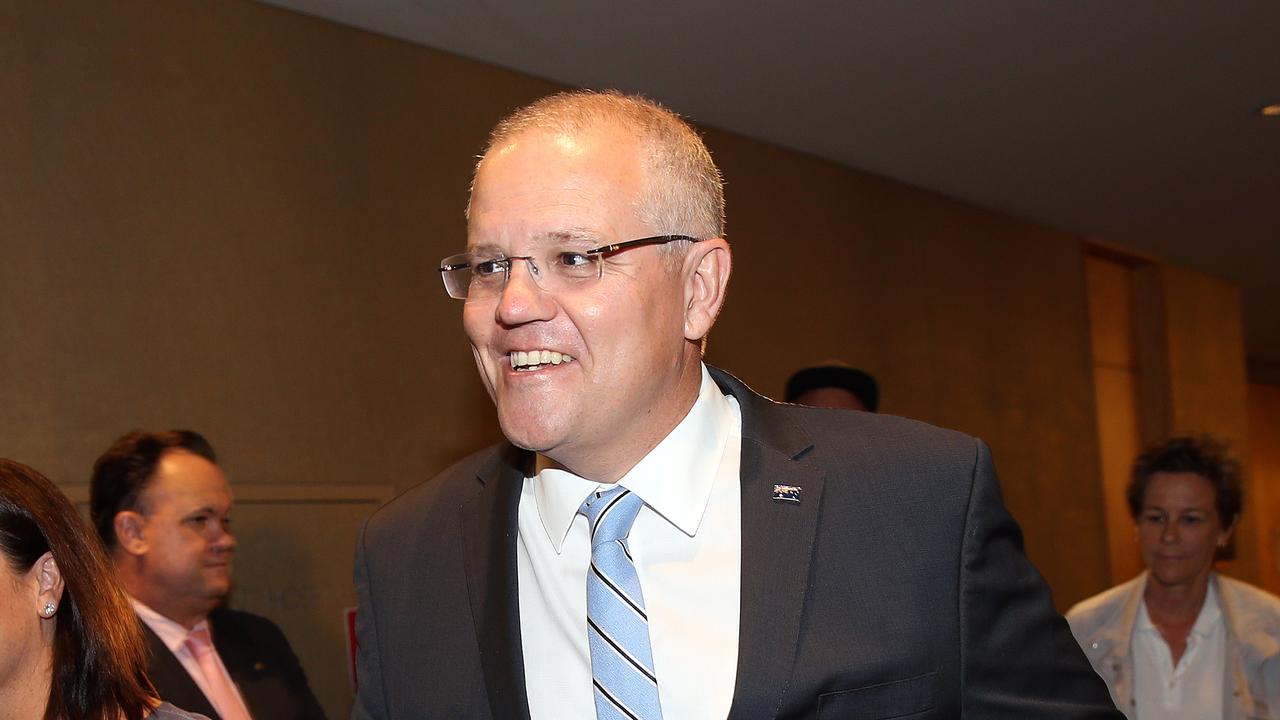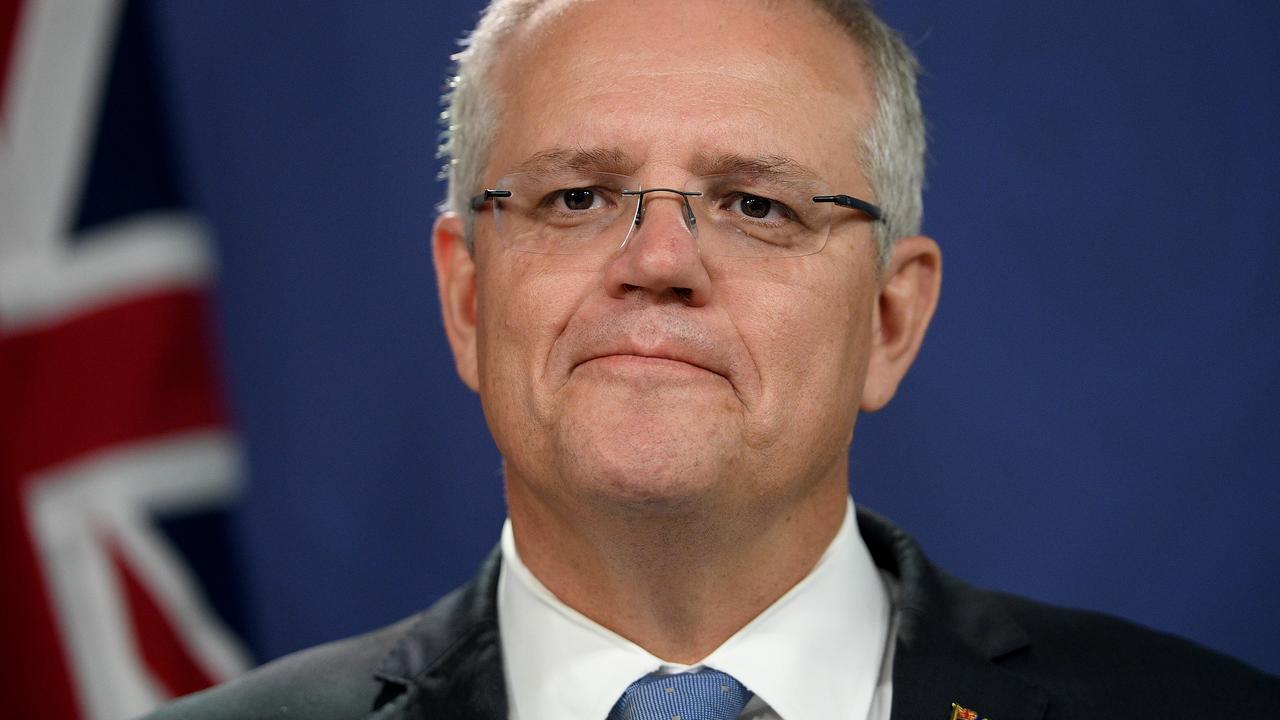
Bill Shorten has blundered — big time.
At almost the worst possible moment the Opposition Leader has compromised Labor’s company tax policy, angered internal party critics and jeopardised the political campaign going into the July 28 by-elections.
Shorten looked under pressure, ill-disciplined, autocratic and unusually lacking in retail political judgment when he calmly unveiled a large part of Labor’s tax policy without authorisation or preparation.
Just as Labor was maximising leverage on One Nation in the Queensland by-election and portraying the Coalition’s company tax cuts as helping “big business and multinationals”, Shorten single-handedly declared Labor would not only oppose tax cuts for companies with turnovers of between $10 million and $50m but would repeal them if elected.
What’s more, while leaving the decision open on companies with turnovers between $2m and $10m, he made it look as if smaller companies also were in Labor’s sights. Medium-sized and small companies, which collectively employ millions of people, are now faced with having their tax cuts — already legislated and factored in — ripped back by a Labor government.
Shorten’s stand also distracted from the government’s problems on energy.
The reaction from the government and business was swift and predictable: a “kick in the guts for business”.
But, the even quicker disclosures from Labor — that Shorten’s position had not been discussed in caucus, had not been discussed among the frontbench and had not been finalised within the leadership group — were more damaging to Shorten’s leadership.
Making a “captain’s call” on such a fundamental issue and without careful preparation for public release was the biggest hit on Shorten’s credibility and political judgment since his failed declarations that Labor MPs didn’t have a problem with citizenship status.
Both decisions and judgment will have a big bearing on the outcomes of the by-elections, which will have a crucial effect on Shorten’s leadership.
Labor is now committed, without preparation, to repealing tax cuts to middling companies and is exposed to accusations of doing the same for smaller companies employing more than 20 people.
This announcement was not the calculated risk of a joint decision — such as to unveil a plan to rake back dividend imputation credits for retirees during the last days of the Batman by-election. This was a baring of Labor’s neck weeks before do-or-die by-elections in Longman and Braddon.
The substance of Shorten’s company tax revelation — that Labor would oppose and repeal the Coalition’s tax cuts for companies with turnover of more than $10m and was reviewing the tax cuts for those between $2m and $10m — was not in itself a surprise. Indeed, Shorten could well have considered it an accepted fact.
But, even if it were merely a loss of focus after Labor’s six-month discussions on company tax, it was a blunder that looked all the worse for the timing and tone of the announcement.
While Anthony Albanese’s public challenge to Shorten to work more with business isn’t going to trigger a leadership challenge any time soon, yesterday’s move is even more reason to call Shorten’s judgment and politics to account should there be a Labor loss in the by-elections.




To join the conversation, please log in. Don't have an account? Register
Join the conversation, you are commenting as Logout